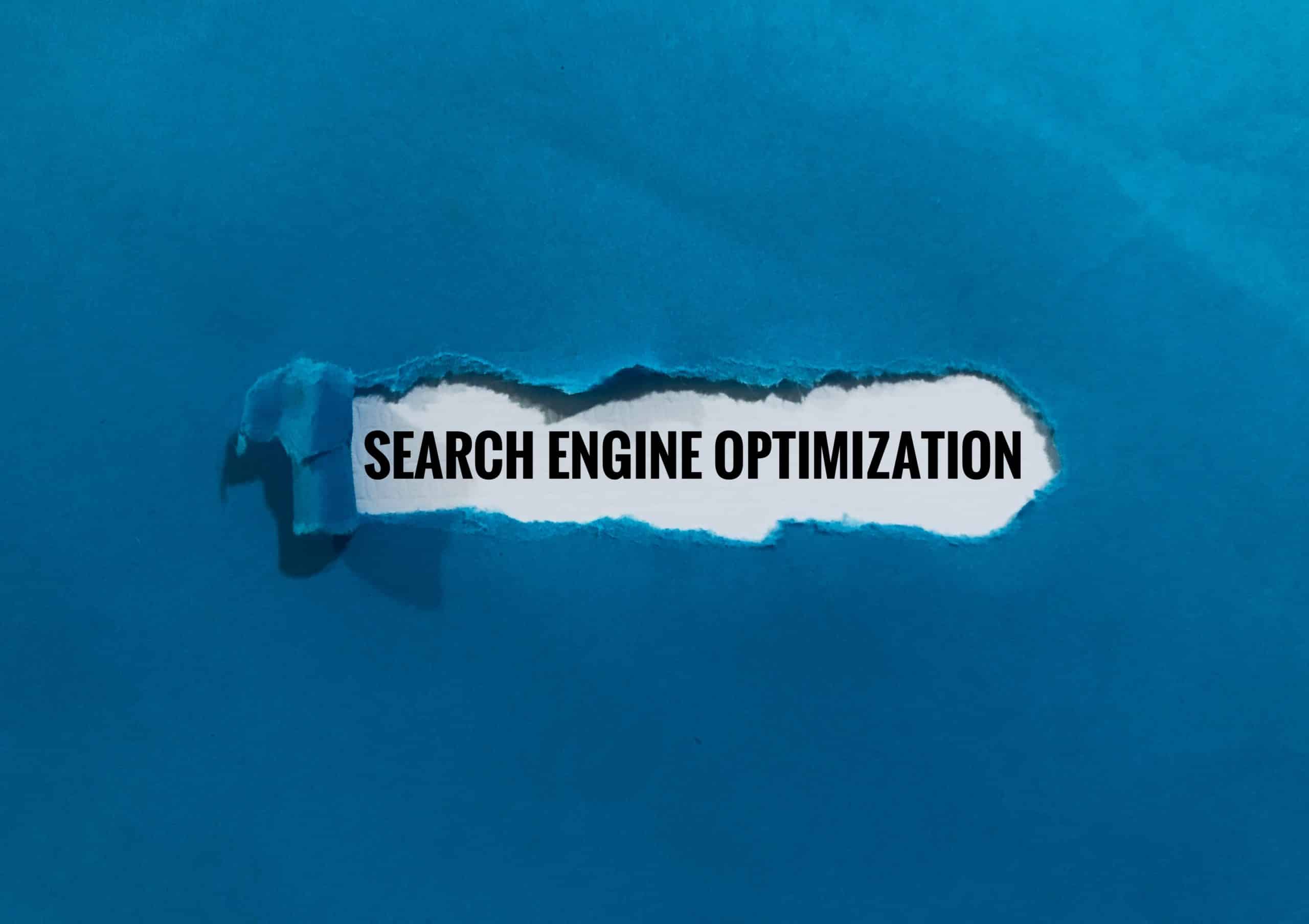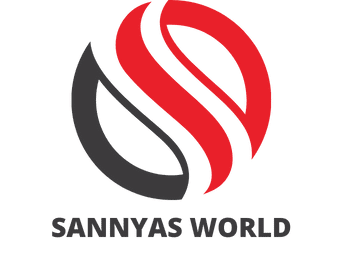How to Optimize Pre-Race Nutrition for Elite Sprint Triathletes?

For elite sprint triathletes, the pursuit of excellence extends beyond training and into nutrition. The body is a finely tuned machine, requiring the right balance of protein, carbohydrate, and fat to perform at its best. As the day of the race approaches, how can athletes ensure they are fueling their bodies in the most effective way?
Every calorie counts when preparing for a high-performance event such as a triathlon. Hence, understanding the nutritional needs of an athlete helps in maximizing performance and endurance. Let us dive into the details and find out how to optimize pre-race nutrition for elite sprint triathletes.
Additional reading : How to Implement Sport-Specific Endurance Training for Competitive Fencing?
Optimizing Carbohydrate Intake
Carbohydrates are the predominant source of energy for athletes. They are stored in the muscles and liver as glycogen and provide the energy required for high-intensity exercise. But how can athletes optimize their carbohydrate intake?
The timing of carbohydrate intake is crucial. In the days leading up to the race, athletes should aim to consume a high-carbohydrate diet. This practice, known as carb-loading, helps maximize glycogen stores, providing the energy necessary for the race. However, caution should be exercised as excessive carbohydrate intake can lead to gastrointestinal discomfort, impeding performance.
Also to discover : What Role Does Mental Imagery Play in Precision Diving Competitions?
The type of carbohydrate consumed also matters. Athletes are advised to consume complex carbohydrates such as whole grains, fruits, and vegetables, as they provide sustained energy compared to simple sugars.
Balancing Protein and Fat
Protein is essential for muscle recovery and growth. It helps repair muscle tissue damaged during rigorous training sessions, preparing the body for the race. However, the consumption of protein should be well balanced with carbohydrate and fat intake.
Athletes should aim to consume a moderate amount of protein daily. This can be achieved through consuming foods like lean meats, eggs, dairy products, and legumes. Protein shakes can also be a useful supplement for athletes struggling to meet their protein needs through diet alone.
While fat is often viewed negatively in the world of sports, it plays a crucial role in triathlon training. Healthy fats provide a long-lasting source of energy, particularly useful for endurance athletes. Avocados, nuts, seeds, and oily fish are all excellent sources of healthy fats.
Timing Your Meals and Snacks
Determining what to eat is only half the battle; understanding when to eat is equally critical. Timing your meals and snacks around your training schedule can significantly affect your performance and recovery.
Eating a balanced meal of carbohydrate, protein, and fat 2-3 hours before a workout gives your body time to digest and absorb the nutrients. A small snack, usually involving easily digestible carbohydrates, can be consumed 30-60 minutes before the workout for an added energy boost.
Post workout, it is essential to consume a meal or snack within 45 minutes to maximize recovery. This meal should contain both carbohydrates to replenish glycogen stores and protein to aid muscle recovery.
Hydrating for Performance
Hydration is an often overlooked but crucial aspect of pre-race nutrition. Dehydration can severely impair athletic performance, causing fatigue, cramps, and in severe cases, disorientation.
In the lead-up to the race, athletes should ensure they are consistently hydrating throughout the day, not just during workouts. A useful guideline is to consume at least half your body weight in ounces of water daily.
During intense training sessions, athletes can benefit from sports drinks. These offer not just hydration but also supply the body with essential electrolytes lost through sweat.
Conclusion
The importance of pre-race nutrition for elite sprint triathletes cannot be overstated. The right balance of carbohydrate, protein, and fat, coupled with appropriate hydration, can significantly enhance performance and endurance. By optimizing their nutrition, athletes can ensure they are prepared to face the challenges of the race, pushing their bodies to the absolute limit, and achieving their highest potential.
Perfecting Your Race Day Nutrition Plan
As race day approaches, athletes not only need to pay attention to their training regime, but also to what they put on their plates. Engineering an optimal race day nutrition plan can be the difference between a podium finish and a disappointing performance.
To start with, elite sprint triathletes need to understand their body composition and tailor their nutrition accordingly. This means consuming carbohydrates, protein, and fats in the right proportions to meet their energy needs and facilitate recovery.
Since sprint triathlons involve high-intensity exercise, the body primarily relies on glycogen stores for energy. Therefore, athletes should focus on consuming high-quality complex carbohydrates in the days leading up to the race to maximize glycogen stores. This includes foods like whole grains, fruits, vegetables, and legumes.
Though it’s easy to focus on carbs, protein also plays a crucial role in race nutrition. Consuming enough protein can help repair muscle tissue damaged during training sessions, thus preparing the body for the high-intensity race ahead. Lean meats, eggs, dairy products, and legumes are all excellent sources of protein.
Despite its bad reputation in sports nutrition, fat, especially healthy fats, should not be neglected in a triathlon nutrition plan. Foods like avocados, nuts, seeds, and oily fish provide long-lasting energy and can be beneficial for endurance athletes.
Timing these meals and snacks to align with your training schedule can further enhance absorption and utilization of these nutrients. Having a balanced meal 2-3 hours before a workout and a small snack 30-60 minutes before can provide an energy boost, while a post-workout meal within 45 minutes aids recovery.
Lastly, hydration is vital. Athletes should aim to drink at least half their body weight in ounces of water daily, and consider sports drinks during intense training sessions to replace lost electrolytes.
The Role of Sports Drinks in Triathlon Nutrition
Sports drinks play a significant role in triathlon nutrition, especially during high-intensity training sessions. They provide hydration and replenish essential electrolytes lost through sweat.
During high-intensity workouts, the body’s glycogen stores deplete quickly, and blood sugar levels can drop, leading to fatigue. Consuming sports drinks during these sessions can help maintain blood sugar levels, delay fatigue, and increase lactate threshold, thus enhancing endurance and performance.
However, not all sports drinks are created equal. Ideally, a sports drink should contain a mix of carbohydrates and electrolytes. The carbohydrates, often in the form of simple sugars, provide quick energy, while the electrolytes help replace those lost through sweat.
Some athletes might also prefer sports drinks with caffeine for an extra energy boost. However, these should be consumed with caution as excessive caffeine can lead to dehydration.
In the end, it’s about finding what works best for you. Experimenting with different brands and formulas during training can help athletes find the perfect sports drink for their race day nutrition plan.
Conclusion
Pre-race nutrition for elite sprint triathletes is a well-orchestrated balance of carbohydrates, protein, and fat. By building a tailored nutrition plan, athletes can maximize their performance and endurance on race day.
This involves not only paying attention to what you eat, but also when you eat, and how much you drink. Balancing all these elements can help you maintain high energy levels, facilitate recovery, and ultimately, achieve your racing goals.
Remember, it’s not just about crossing the finish line, it’s about pushing your body to its absolute limit and achieving your highest potential. Whether it’s a sprint triathlon, a half marathon, or a full Ironman, optimized nutrition is your ticket to a stellar performance.
